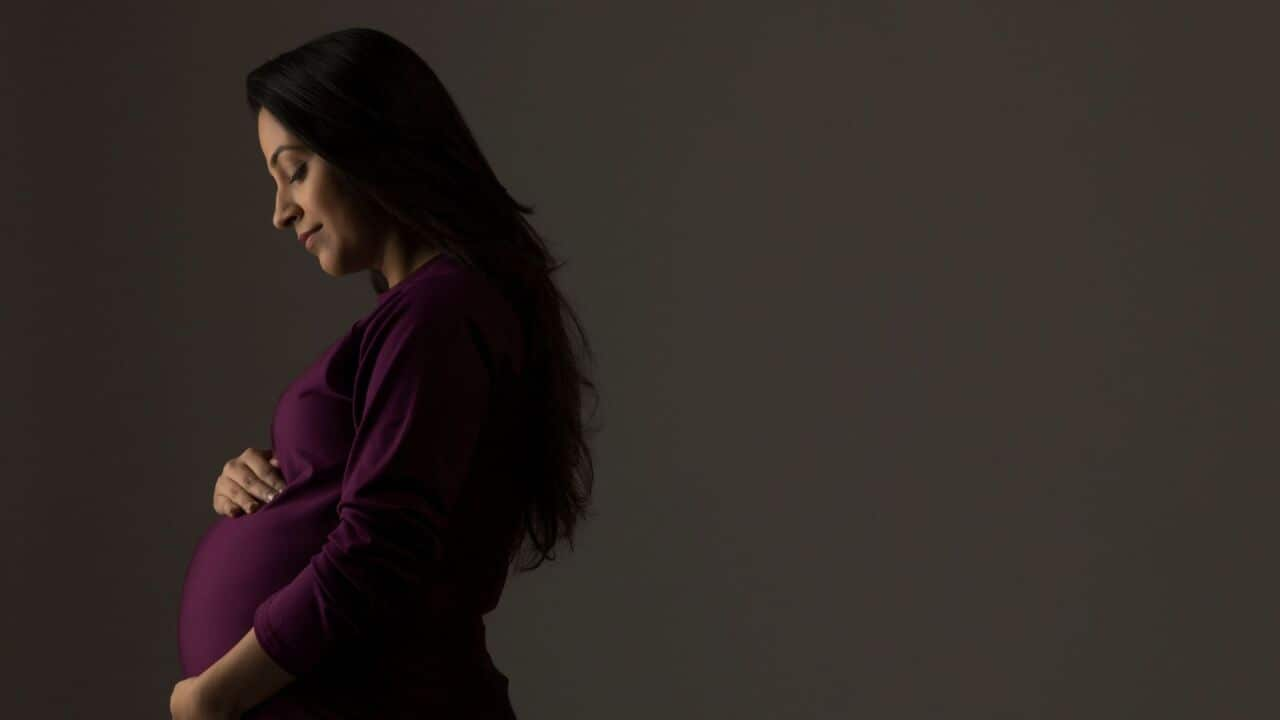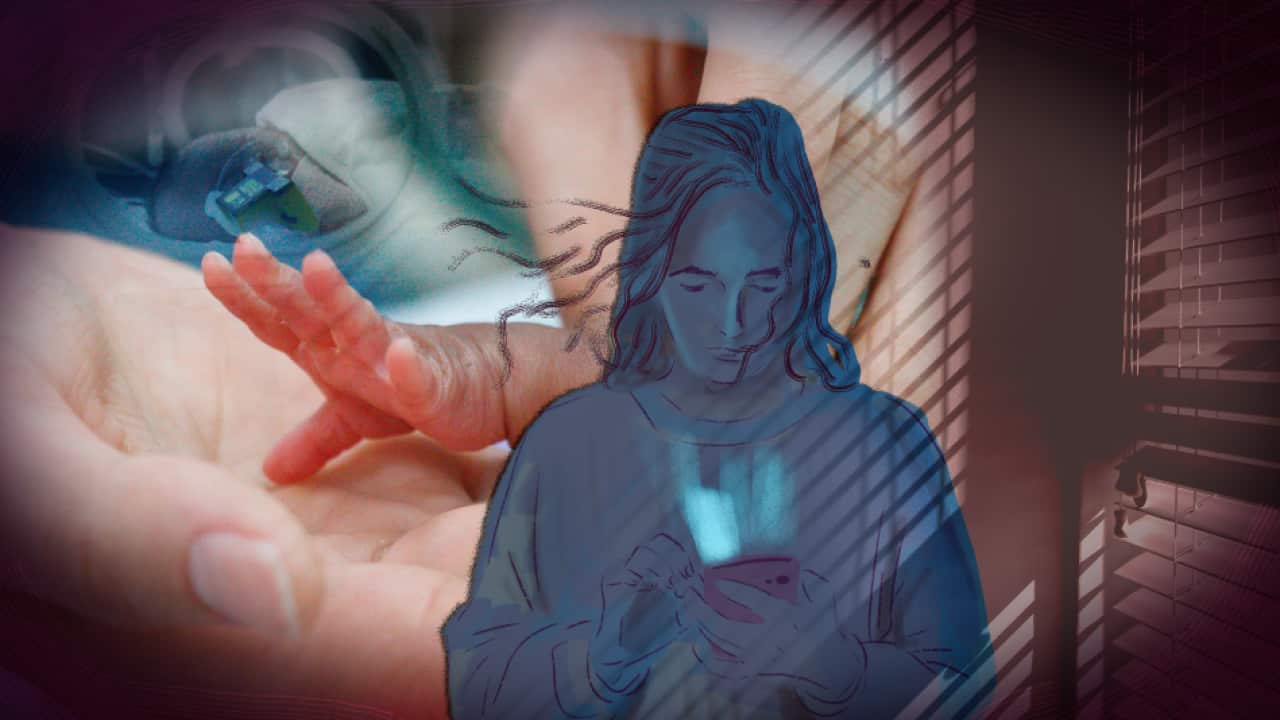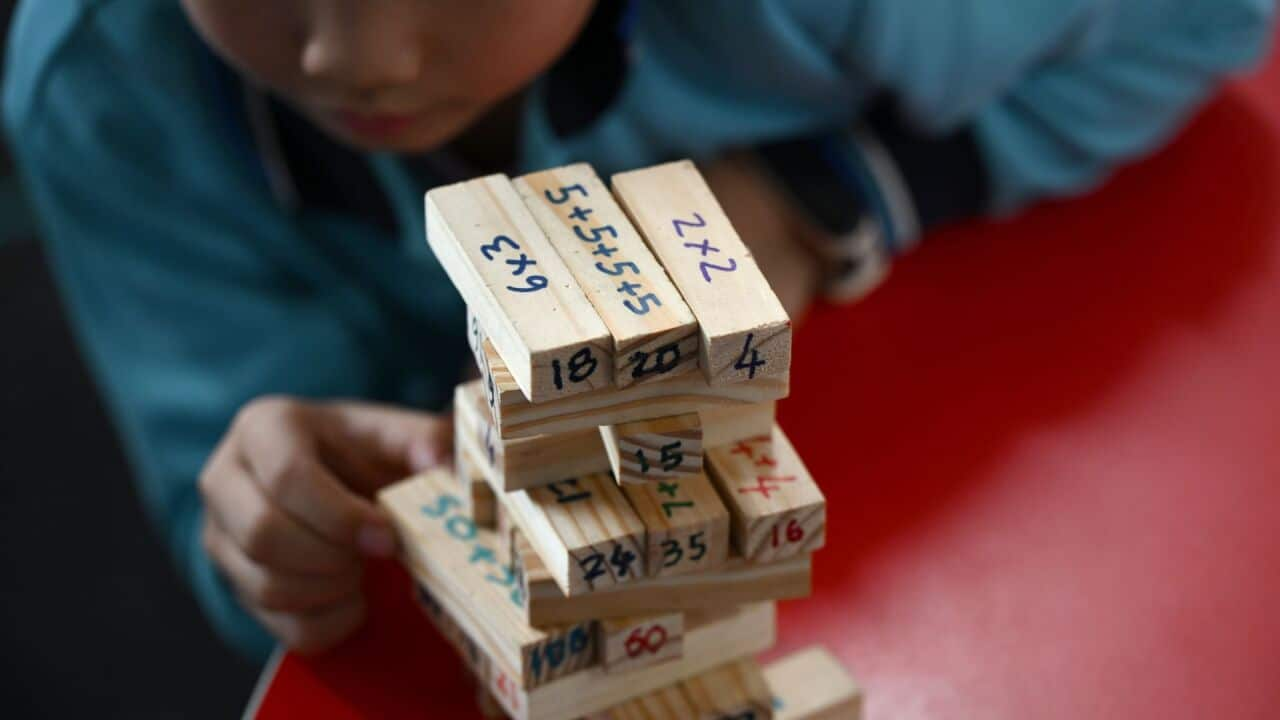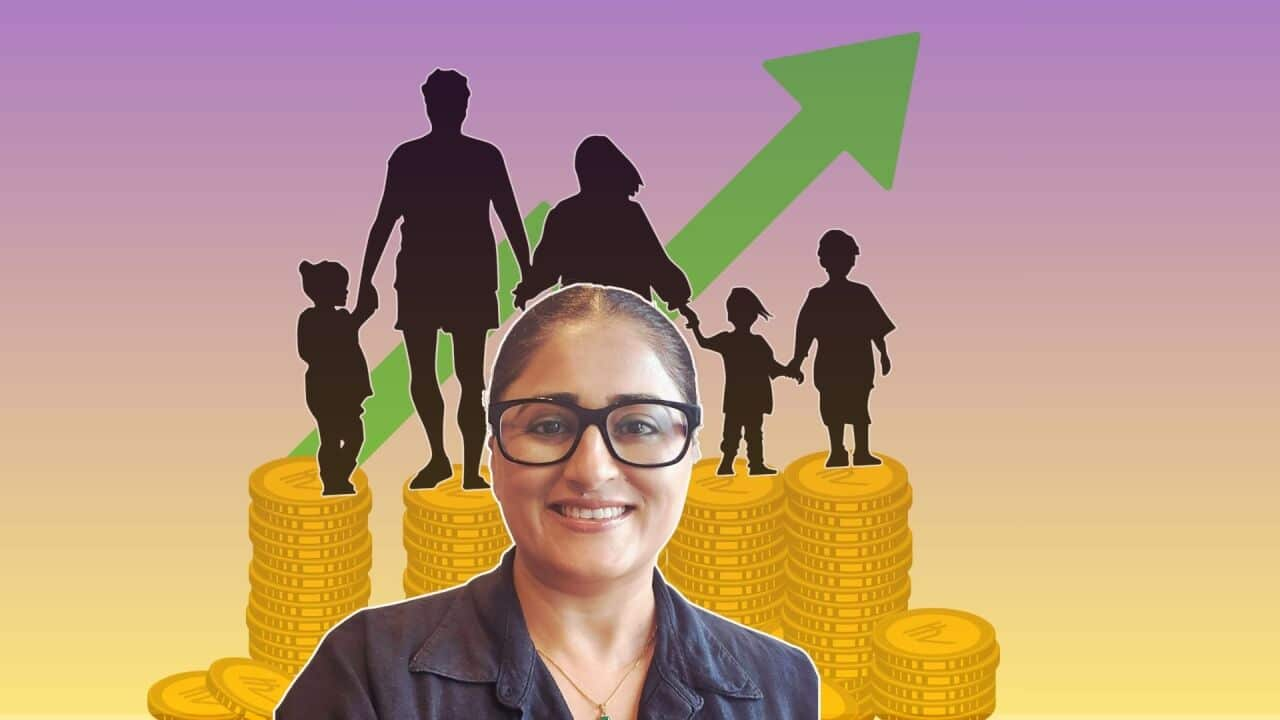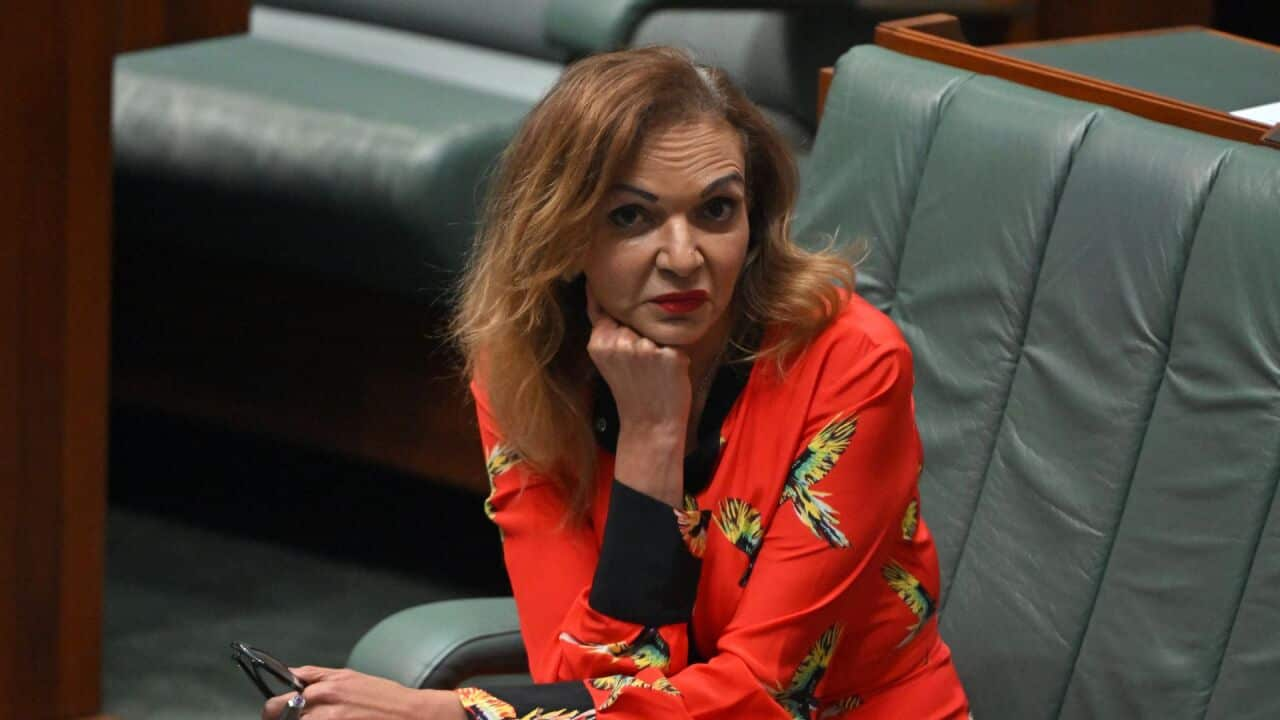Key Points
- Women of South Asian heritage are twice as likely to develop gestational diabetes compared to Australia-born women: Data
- Later-age pregnancy and lifestyle factors are key contributors: Expert
- “I would teach my daughters to prioritise themselves,” says Harman
Harman* has been living with diabetes for over 11 years. She was first diagnosed with gestational diabetes during her second pregnancy at the age of 31. The disease, however, persisted even after the birth of her child.
"I have no family history of diabetes. I tried to control it, but now I have to live with this forever," said the migrant from Punjab, a northern state in India.
"The disease has changed my life. I can’t live fully with my children. My body trembles often. I easily get short of breath," she told SBS Punjabi.experts
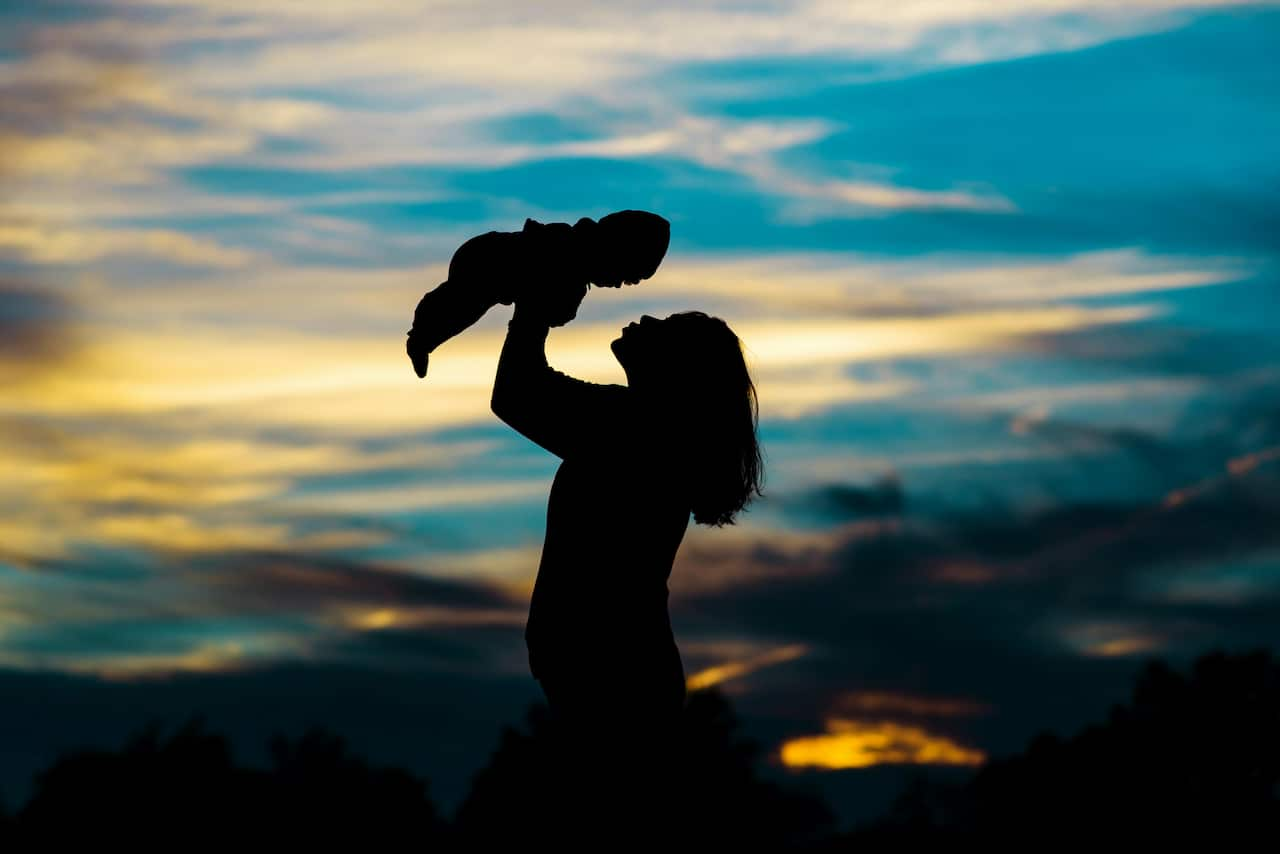
Due to diabetes, she has also contracted other complications. She has been diagnosed with thyroid and obesity. She has been prescribed Ozempic injections by her doctor.
"I know it has side effects—my doctor has explained those to me. But I don’t have many options left."
Harman’s ordeal is not unique.
According to the Australian Institute of Health and Welfare, in 2016–17, one in seven pregnant women was affected by gestational diabetes.
Women born in South and Central Asia are more than twice as likely to develop gestational diabetes compared to women born in Australia.Australian Institute of Health and Welfare data
To tackle the disease better, the Australian Diabetes in Pregnancy Society (ADIPS) has issued new guidelines targeting at-risk women.
Canberra-based diabetes educator and registered nurse Hardarshan Kang told SBS Punjabi that a calorie-rich diet and later-age conception are key factors contributing to the rise in gestational diabetes in Australia.
Harman believes that if she hadn't been a migrant facing visa-related uncertainty, she might never have developed the condition.
At the time of my pregnancy, I could not focus on my health as I had to work double shifts to make ends meet. I was the primary applicant, and I had to fulfil my visa conditions while working at home and handling a toddler. I now regret my choices.Harman
"In our community, women are rarely taught to prioritise their own wellbeing. Culturally, we’re conditioned to cater to others’ needs first."
She told SBS Punjabi that she’s determined to raise her three daughters differently—teaching them to prioritise their own health and needs.
To know about Harman's full story and experts' views on what makes Indian-origin women more at-risk for gestational diabetes, listen to this podcast.
*This is not her real name. Her name has been changed to protect her identity.
🔊 Find all our podcasts and stories that matter here at SBS Punjabi Podcast Collection.
💻 For news, information and interviews in Punjabi from across Australia and the homeland, you can tune in to SBS Punjabi live from Monday to Friday at 4pm on SBS South Asian on digital radio, on channel 305 on your television, via the SBS Audio app or stream from our website.
📲 Also, follow us on Facebook and Instagram.
